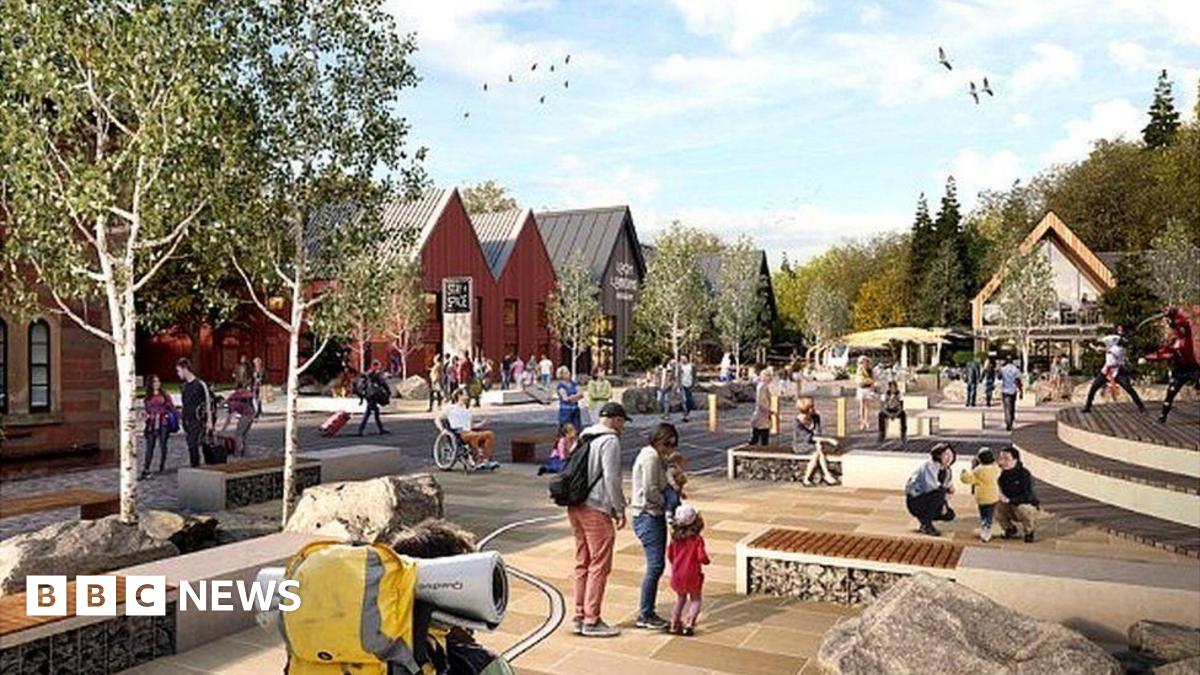World
Ebenezer Place: World’s Shortest Street In Scotland’s Wick – Zenger News

Welcome to the world’s shortest street measuring just 6 feet (1.83 m) – only long enough for one door.
Ebenezer Place is in the Guinness Book of Records as the world’s shortest street at 2.06m – shorter than the world’s tallest person.
The street in Wick, Caithness, Scotland, is so small that it only has one address—No. 1 Bistro, which is part of Mackays Hotel.
Ebenezer Place originated in 1883 when 1 Ebenezer Place was constructed.
The owner of the building was instructed to display a name on the shortest side of the hotel.
It was officially declared a street in 1887.
Murray Lamont, owner of Mackays Hotel, said: ”Every few minutes, we see people standing in there taking a photo, all day and into the night.”
The world title came about after Lamont put a bid in supplying documentation to prove the size and validity of the street.
The editor-in-chief of the Guinness Book of World Records, at the time of the award, apparently traveled 50 hours just to see the street himself.
The hotel was built in 1883 by Alexander Sinclair, whose family owned land in Caithness.

At the time, the council deemed the hotel’s short edge as a new street and instructed Sinclair to name it.
Ebenezer Place then appeared in the town’s records from 1887.
Lamont said when visitors first see the name Ebenezer, they think of the Charles Dickens character Ebenezer Scrooge from A Christmas Carol.
But Lamont said Sinclair was a religious man, and Ebenezer is a biblical name and has Hebrew origins meaning “stone of the help”.
“The word can mean kind, caring, and looking after you, which is what we like to do at Mackays,” he said.
The building has always been a hotel, but it had several different names before it became Mackays.
It also had a dry spell when, under the Temperance (Scotland) Act of 1913, a UK parliament act that allowed voters in small areas of Scotland to decide whether to prohibit alcohol in their area, the people of Wick decided to stop drinking.
Between 1922, when the residents cast their votes, and 1947, the town was officially booze-less, and no alcohol licenses were permitted within the Royal Burgh.
Produced in association with SWNS Talker









